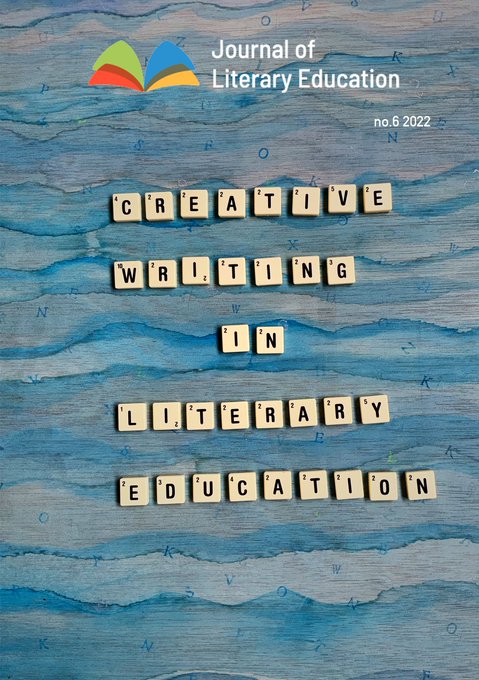Literary learning: A proposal for using literature for the acquisition of emotional competencies
DOI:
https://doi.org/10.7203/JLE.6.23656 Abstract
Abstract
The concept of literary learning is based upon the conception that there are learning processes which through the use of literary texts have a productive result. The linking element between both terms is the development of some competencies, in particular, emotional as well as discursive. By presenting these considerations, new answers to old questions, which are still discussed in the didactics of literature, are provided: Why is literary reading necessary in Foreign Language Teaching (FLT), what goals are being pursued, how should literary reading be directed, and which learning processes are intended? The article deals with the aesthetic experience of literature on the basis of a lesson example. It is aimed at the aesthetic perception whereby not only is a pleasurable reading understood, but also a critical examination of the represented reality in the novel. The result is a productive and dialectic literary dialogue, in which the topics of narration are a starting point to an aesthetic judgment that also requires the ability to empathize with the characters and situations, so that learners ultimately improve their discursive skills.
 Downloads
Downloads
Downloads
Published
-
Abstract505
-
PDF300
Issue
Section
License
![]()
This work is licensed under a Creative Commons Attribution-NonCommercial-NoDerivatives 4.0 International License.
Authors who publish with this journal agree to the following terms: Authors retain copyright and grant the journal right of first publication with the work simultaneously licensed under a Creative Commons Attribution License that allows others to share the work with an acknowledgement of the work's authorship and initial publication in this journal. Authors are able to enter into separate, additional contractual arrangements for the non-exclusive distribution of the journal's published version of the work (e.g., post it to an institutional repository or publish it in a book), with an acknowledgement of its initial publication in this journal. Authors are permitted and encouraged to post their work online (e.g., in institutional repositories or on their website) prior to and during the submission process, as it can lead to productive exchanges, as well as earlier and greater citation of published work (See The Effect of Open Access).



